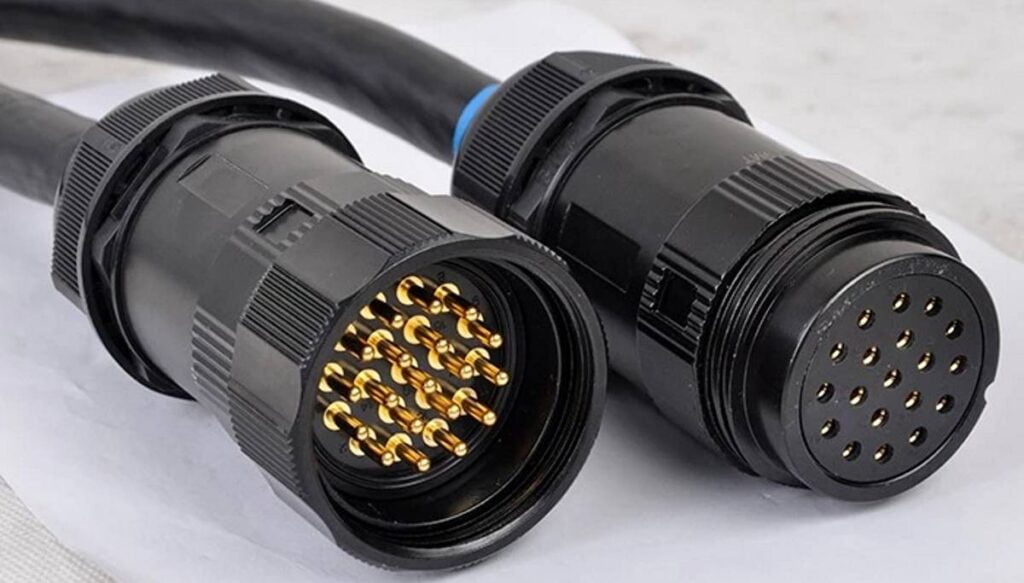In industrial settings, power distribution is vital for ensuring that machinery, lighting, and other systems function smoothly. Power boxes, also known as electrical enclosures or distribution panels, play a key role in managing electricity across various circuits. Understanding the different types of power box for industrial use is essential when choosing the right one for your facility. This guide explores the types of power boxes, their functions, and their applications in industrial environments.With the expanding influence of the industry, hoist controllers,electric hoist controller£¬hoist motor controller Our business is also constantly spreading, and the development of the market is also gradually advancing. https://sxpowercase.com/product-category/all-product/hoist-controllers/
1. Main Distribution Power Boxes
Main distribution power boxes, often called breaker panels or main electrical panels, serve as the central hub for power distribution in industrial settings. These boxes receive electricity from the utility and distribute it to various circuits within the facility. The main distribution power box houses the main breaker, which controls electricity flow to the entire building.
These boxes are crucial in managing high-voltage electricity and ensuring power is evenly distributed. They also provide protection by housing circuit breakers that can trip during overloads or short circuits, preventing damage to equipment and reducing fire risks.
2. Sub-Distribution Power Boxes
Sub-distribution power boxes, sometimes known as secondary electrical panels or subpanels, distribute power from the main panel to specific areas within an industrial facility. These boxes are especially useful in large settings where separate power management is required for different sections.
Subpanels allow localized control of power, making it easier to manage and maintain electrical systems in specific areas. They also help reduce the load on the main panel by dividing electrical distribution into smaller sections, improving overall efficiency and reducing the risk of electrical failures.
3. Portable Power Box
Portable power boxes, also known as temporary power distribution boxes or mobile power panels, are essential for distributing power temporarily, such as during construction projects or outdoor events. These boxes are designed for easy transport and setup, providing a reliable power source in various environments.
Portable power boxes are rugged and weather-resistant, making them suitable for harsh industrial conditions. They often come equipped with multiple outlets and circuit breakers, allowing safe and efficient power distribution to tools, machinery, or temporary lighting systems.
4. Explosion-Proof Power Box
In hazardous industrial environments like chemical plants or oil refineries, explosion-proof power boxes are necessary. These boxes, also known as hazardous location enclosures, are designed to operate safely in dangerous environments where flammable gases or dust are present.
Built with reinforced materials and seals, these boxes prevent sparks or heat from escaping the enclosure, reducing the risk of igniting flammable substances. They adhere to strict safety standards, ensuring they can withstand challenging conditions.
5. Weatherproof Power Box
Industrial facilities that operate outdoors require power boxes that can withstand weather conditions like rain, snow, or extreme temperatures. Weatherproof power boxes, also called outdoor electrical enclosures, protect electrical components from moisture, dust, and corrosion.
These boxes are made from durable materials like stainless steel, aluminum, or reinforced plastic. They feature seals that prevent water and dust from entering. Weatherproof power boxes maintain the reliability and safety of outdoor electrical systems, ensuring continuous operation even in adverse weather.
6. Custom Power Box
In some industrial applications, standard power boxes may not meet specific needs. Custom power boxes, or bespoke electrical enclosures, can be designed to fit the unique requirements of your industrial setup.
Whether accommodating a specific number of circuits or integrating specialized components, custom power boxes offer a tailored solution that enhances the efficiency and safety of your electrical infrastructure.
7. Choosing the Right Power Box for Your Needs
Selecting the right power box for your industrial facility requires careful consideration of factors like the type of equipment used, environmental conditions, and specific power distribution needs. Understanding the different types of power boxes will help you make an informed decision, ensuring your facility operates safely and efficiently.
8. SX: Your Partner in Industrial Power Solutions
At SX, we specialize in providing high-quality power box designed for industrial use. Our range includes everything from main distribution panels to custom enclosures, all built to meet industrial requirements. With SX, your facility¡¯s power distribution needs are in expert hands.
How to Safely Install and Maintain Power Boxes£¿
Conclusion
Power box are integral to any industrial facility, providing the infrastructure needed to distribute electricity safely and efficiently. By understanding the types of power boxes available, you can select the right solution for your specific needs. Whether it¡¯s a main distribution panel or a custom enclosure, choosing the right power box is crucial to maintaining the safety and efficiency of your industrial operations.